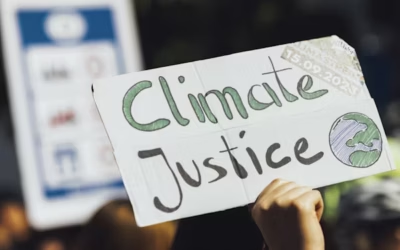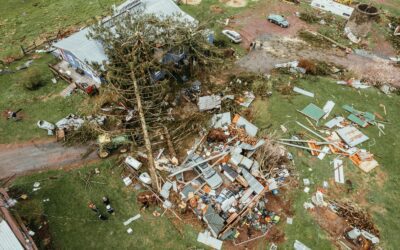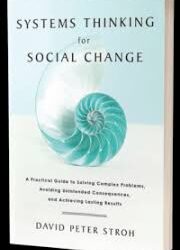by Rufus Pollock and Rosie Bell in Life Itself.org…Our new white paper on the polycrisis and metacrisis: what they are, how they are distinct, how they are related and why it matters.
The planetary politics of everyday life
by Nils Gilman in Small Precautions…In conclusion, the analysis provided by La Fabrique Écologique powerfully argues that the ecological transition in France, and likely elsewhere, is stalled not because the science is unclear or the public unwilling, but because the dominant strategies have ignored the fundamental prerequisites of social justice and economic security.
Casual Loop Diagrams handbook
by Michael Lawrence…Like many other forms of systems diagrams (and network diagrams), CLDs are
composed of elements and connections. But unlike many others, CLDs also include
feedback loops that connect elements in a circular pattern. This handbook explains
each of these three features, provides step-by-step instructions for drawing CLDs,
then presents three examples of CLDs that elucidate crucial real-world phenomena.
“Putting America First” — Undermining health for populations at home and abroad
by Christopher P. Duggan, M.D., M.P.H., et al. in The New England Journal of Medicine…In the initial months of the Trump administration, numerous executive orders have led to a chaotic dismantling of U.S. foreign-assistance and global health efforts. These orders have already had, and will continue to have, severe adverse effects on vulnerable populations globally. But they also have serious implications for people in the United States.
Climate crisis on track to destroy capitalism, warns top insurer
by Damian Carrington in The Guardian…Action urgently needed to save the conditions under which markets – and civilisation itself – can operate, says senior Allianz figure.
Bioregionalism in practice: Weaving local solutions in a global context
Webinar hosted by Regenerosity…This webinar kicks off a new series of bioregional conversations, designed to deepen understanding, improve practice, and expand the horizon of what’s possible when we center life, land, and community. Through stories, case studies, and grounded examples, we’ll begin to weave a vibrant patchwork of regenerative pathways forward.
If you want peace, prepare for war—an ancient lesson Canada must remember
by Thomas Homer-Dixon at The Cascade Institute…If you want peace, prepare for war. This ancient Roman aphorism is starkly relevant to Canada’s situation today, no matter how contrary it seems to our national culture.
Welcome to the chaoscene
by Rupert Read in aeon.com…The climate crisis is here. In order to thrive in these dangerous and precarious times, we must build resilient communities.
Bioregioning: the defining practice of regenerative cultures
by Daniel Wahl in Medium…..Bioregions define the appropriate scale for regional self-reliance, responsible environmental action and human participation in the community of life.
Systems Thinking For Social Change
A Practical Guide to Solving Complex Problems, Avoiding Unintended Consequences, and Achieving Lasting Results Systems Thinking for Social Change enables readers to contribute more effectively to society by helping them understand what systems thinking is and why it...






